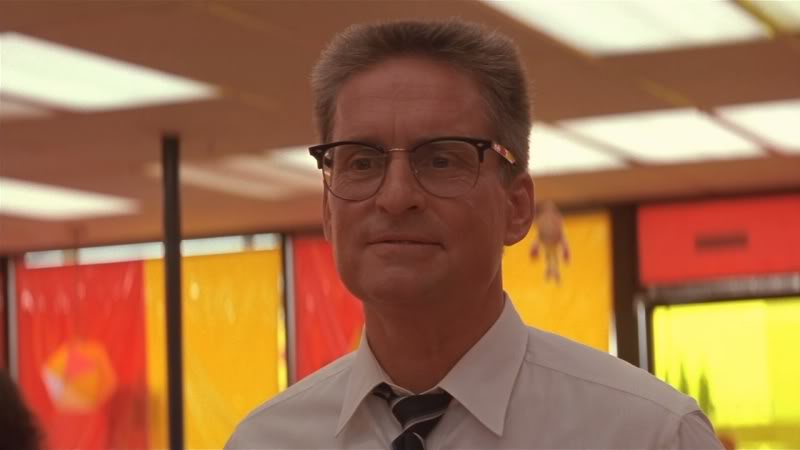
For a lot of people in this world, an office job is just something they do to make money. Not everyone has achieved their deepest passion, instead trying to make do with sitting on their backside for eight hours a day (or more) filling in spreadsheets and merging emails.
It can be a difficult cycle to escape, especially when bills are high, meaning that it’s hard to save and make the big move securely. Additionally, people are naturally afraid of the unknown; making that big leap towards unemployment, freelancing or travelling seem downright terrifying.
That is until, you’re in your mid 20s or 30s and your dream of being a professional writer has morphed into copy and pasting into excel and you really can’t take it anymore. But you still can’t quite go, always waiting for that next pay-check to put you back in the black. What people need is inspiration, and that can be found in the movies.
This is why we have created a list of the 10 best movies to watch to inspire you to quit that office job and move on with your life. If you think we have missed anything, simply sound off in the comments below!
1. Office Space (Mike Judge, 1999)
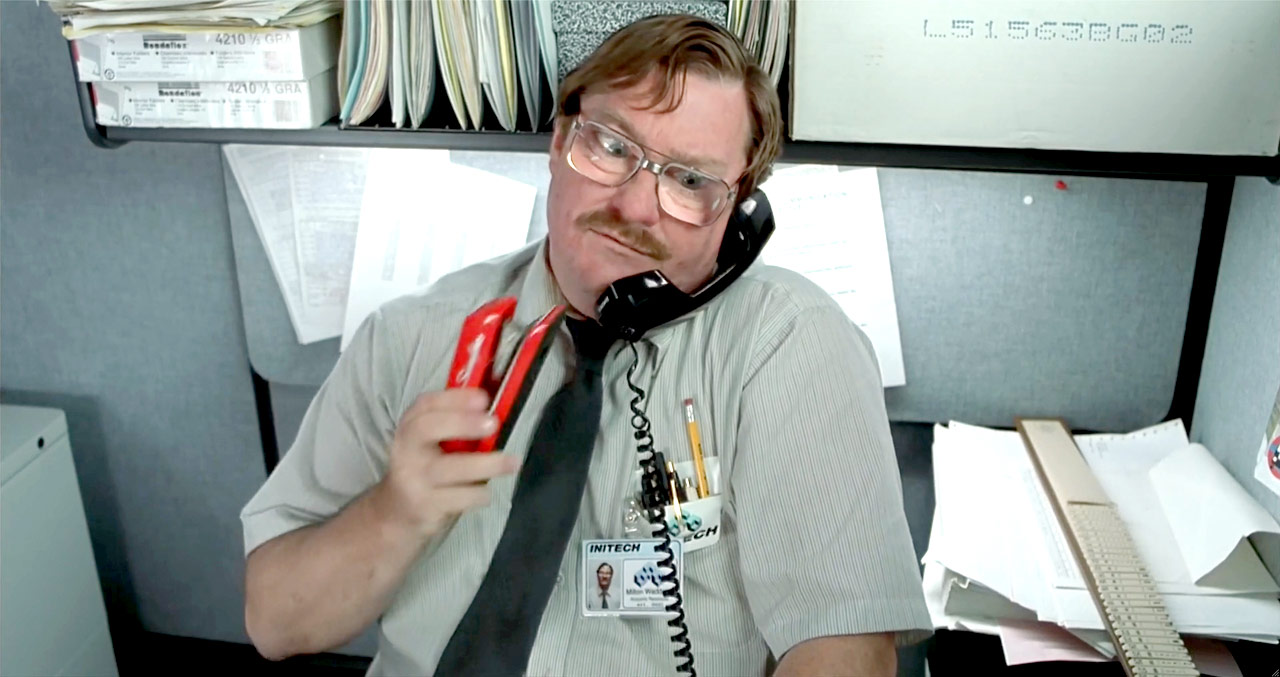
Initially ignored when it came out, Office Space has slowly grown to be a cult classic about the horrors of modern work. Starting with a lowly employee being reminded three times that all reports must now carry a cover sheet, it mines the frustrations of everyday office life into an absurdist comic masterpiece. What really makes the film work is the way that nothing it satirises is too far away from reality itself. When the viewer watches it, they can see themselves in these white collar workers.
It shows that going to a bad job can feel like going to prison, except usually, a prison sentence has an end date. As the protagonist famously says: “Since I started working, every single day has been worse than the day before, so that every day you see me is the worst day of my life.”
Once the employers start their rebellion against the company, it is so easy to root for them. Scored to classic gangsta rap music such as The Geto Boys, these characters are everyday heroes trying to score one back against the man. In its most famous scene they destroy a copier machine with a baseball, creating a perfect image of rage against a restrictive lifestyle.
2. Into The Wild (Sean Penn, 2007)
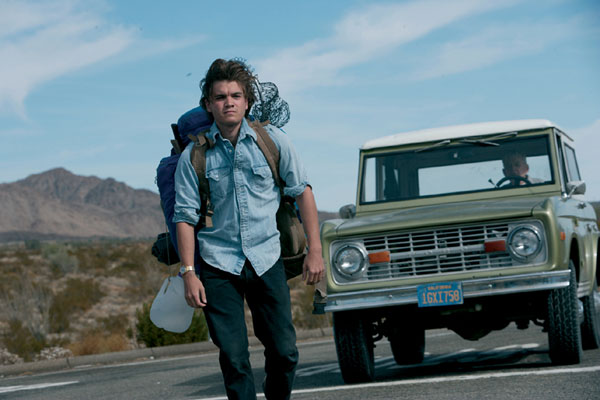
Many people have dreamed of leaving their job to travel the world, but few have the passion to follow through with their aspirations. Into the Wild, based on the true story, details how one young man withdraws his entire law school fund and decides to trek west across the USA and up in to Alaska. He is bitingly critical of modern life, where people are enslaved by their occupations and daily worries, instead believing that he has what it takes to live on his wits alone.
Making use of the incredible beauty of the American countryside, especially in Alaska and Colorado, Into The Wild shows that some people can’t be tied down by normal suburban existence. Instead they have to explore uncharted territories and connect with the raw firmament of nature.
If you have seen the entirety of Into The Wild, you might know that this film doesn’t exactly end well for our intrepid traveller. So this movie should be taken with a pinch of salt when it comes to actually learning the basics of living in nature. Nevertheless, its core message of going out and getting more in touch with the real world outside you remains an inspirational one.
3. Ocean’s Eleven (Steven Soderbergh, 2001)
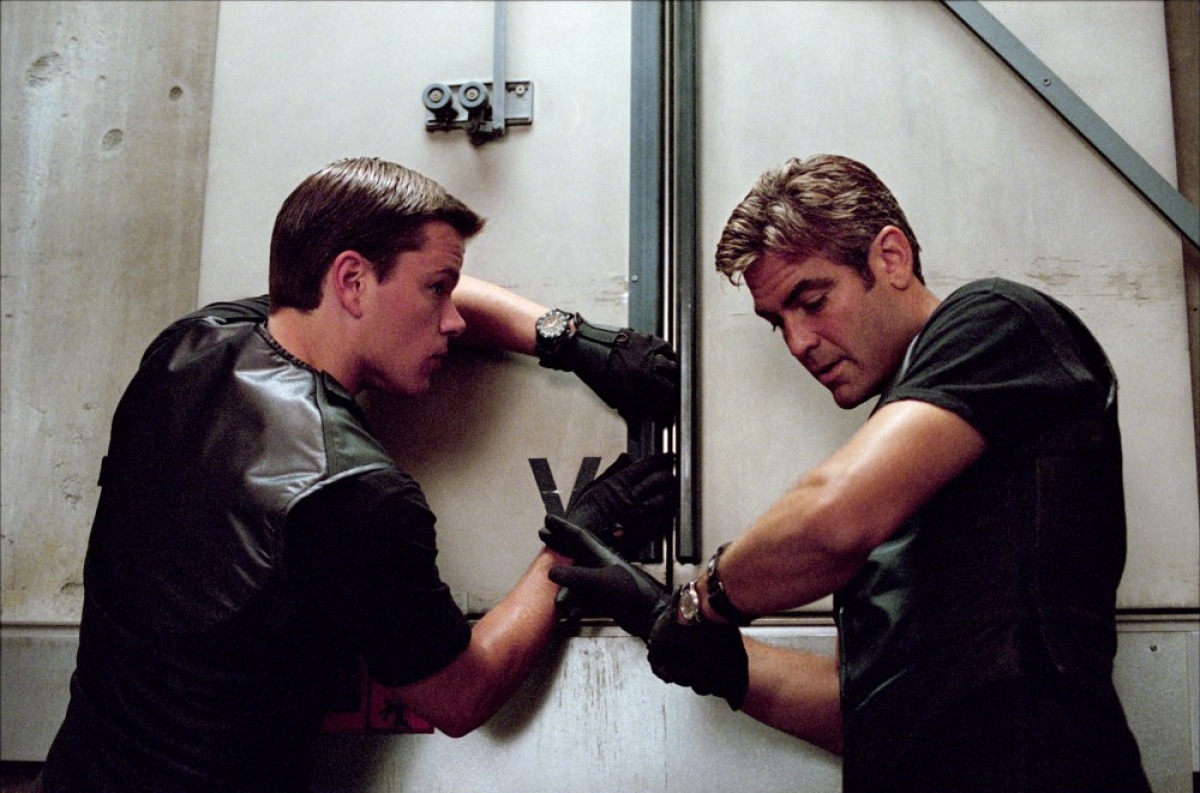
Ocean’s Eleven poses a very simple question: why work for a living making small change when you can just become a criminal and make huge amounts of dough in no time? An incredibly stylish remake of the 1960 Ratpack classic, the film centres around the biggest casino heist in history.
At the centre is Danny Ocean, played with undeniable charm by George Clooney. Straight out of jail, he contacts his old pal Rusty Ryan, played by Brad Pitt, with the plan, and they start to assemble a team together. The result is one of the finest entertainments of the past twenty years.
What Soderbergh does here, making use of one of the best male casts in recent history, is make being a criminal seem like a lot of fun. Nothing is really taken seriously here, instead its all about the art of the heist. An amazing amount of time in the film is spent poring over details, almost serving as a blueprint for any future criminals.
While possibly being a little improbable for most white-collar workers, Ocean’s Eleven shows there is an alternative to the daily drudgery of office work: nicking loads of money over the course of one year, then spending the rest of your life working on your tan.
4. Under The Tuscan Sun (Audrey Wells, 2003)
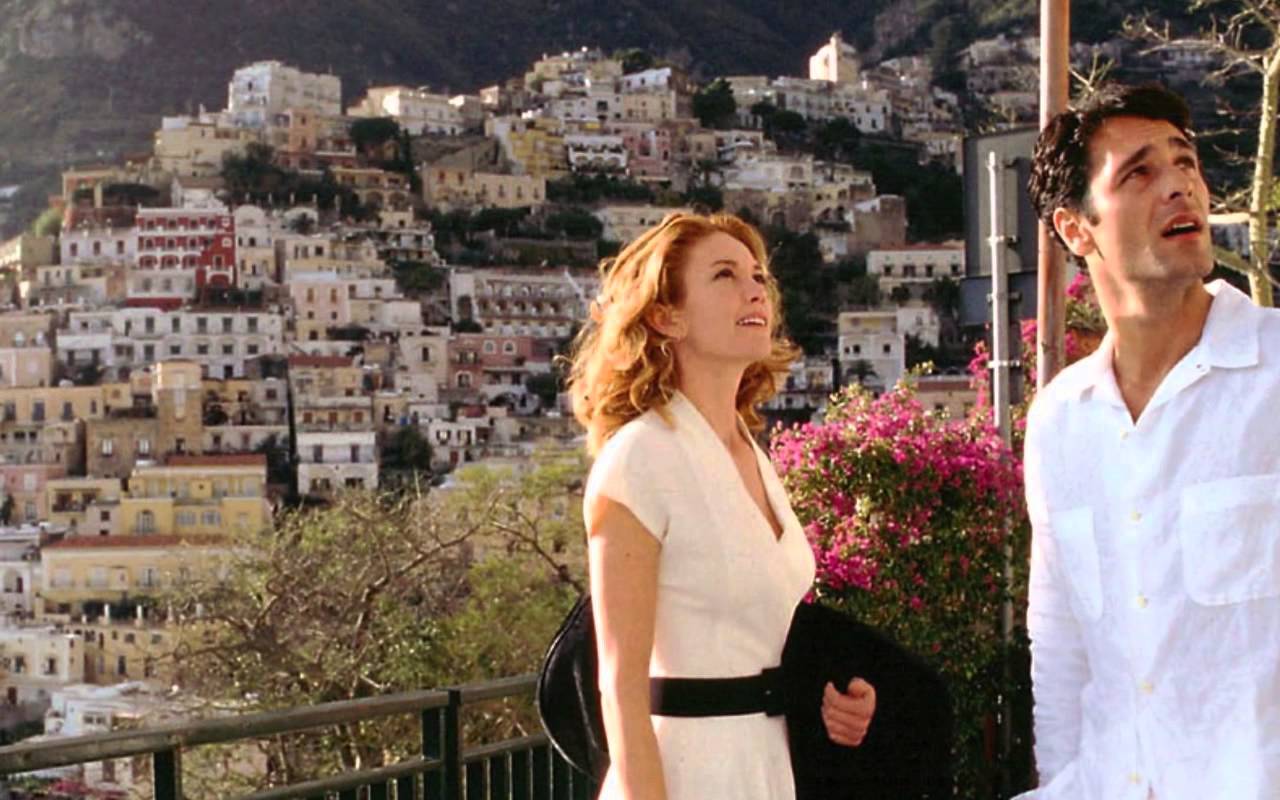
When Frances Mayes (Diane Lane) discovers that her husband is cheating on her, she falls into bits. It is only on a tour of Italy that she manages to restore her spirits, until one day, she sees a rustic house for sale. On an impulse she buys it, and dedicates the rest of the film to restoring it by hand, with the help of some illegal polish immigrants. From there she finds a new sense of satisfaction with her life.
Undeniably, Frances has the kind of disposable income that allows her to make this kind of move, but the film still serves as an inspiration for any person who wants to move to another, cheaper country and start afresh. When the office job in your high-functioning town means that you can barely make the rent, moving away to the countryside or another country, where the cost of living is much more affordable, can be a sensible option.
Under The Tuscan Sun might be a bit of a fantasy, but seeming as it is based on a true story, it does show that the move is possible — counting a little, of course, on the romantic attentions of Italian men.
5. Falling Down (Joel Schumacher, 1993)
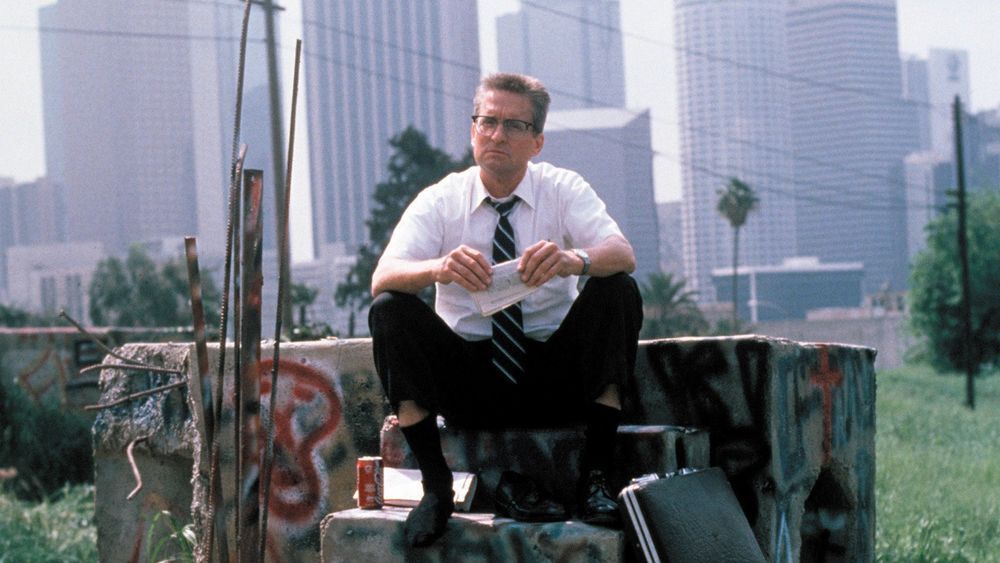
Falling Down isn’t so much an inspiration as a warning sign. Although admittedly about a man who has just been made redundant, the rage that he feels towards society can easily be transposed towards people who simply hate their jobs. It is a film about white male entitlement and frustration at a world that has seemingly left them behind, the kind of ethnic fury that puts populist leaders in power all across the world.
Ultimately, you are reading this list because you are not enjoying your job, and we can see that the anger William Foster (Michael Douglas) feels in this movie is from not being appreciated — something many people in constant employment feel every day.
It takes place in L.A., a city full of cars and constant traffic. Although going to his daughter’s birthday party, the way that Foster dresses makes one assume he is on the way to work, and this is his morning commute.
The film mines the frustration of having to get somewhere at a fixed time, and when he finally breaks and starts lashing out at society, these frustrations seem like a howl against a world that has ultimately forgotten him. Falling Down, although extreme, works as a strange warning about what can happen when work makes you feel incredibly small.